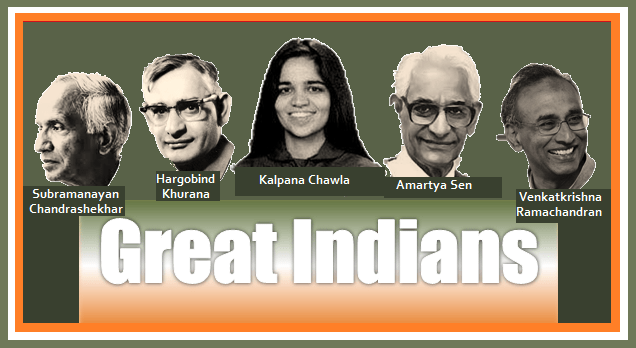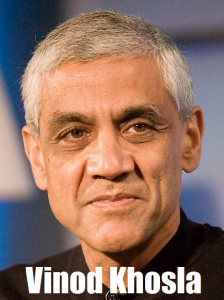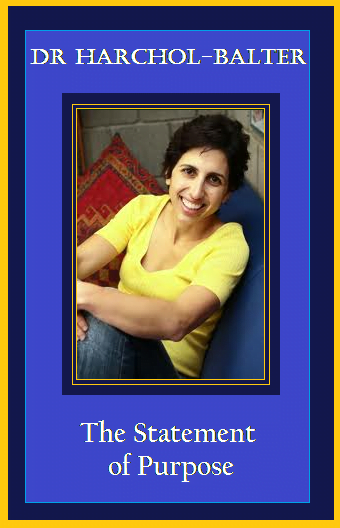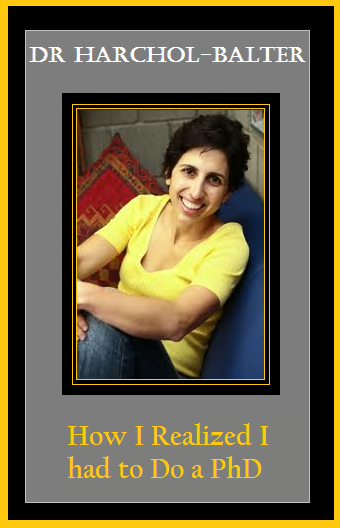 Indians have made tremendous contributions to America in a variety of fields including technology, business and education. In fact, they have become such a prominent part of American society that Indian characters have started appearing in American films and comics (think of the Harold and Kumar film series made in 2004 onward and Raj Patel, a character introduced by Archie Comics in 2008). One reason why Indians have been so successful there is that America has provided a great platform for them to grow.
Indians have made tremendous contributions to America in a variety of fields including technology, business and education. In fact, they have become such a prominent part of American society that Indian characters have started appearing in American films and comics (think of the Harold and Kumar film series made in 2004 onward and Raj Patel, a character introduced by Archie Comics in 2008). One reason why Indians have been so successful there is that America has provided a great platform for them to grow.
So, to encourage you as you move towards your goal of higher education in America, from time to time we will be posting stories on Indians who, like you, went to America for education and then became great successes. There are dozens of inspiring success stories to pick from. Our first one is on Vinod Khosla, co-founder and first CEO of SUN Microsystems, the company that, among other things created:
- the Java programming language
- the Network File System (NFS)
and also significantly evolved several key computing technologies, including
- Unix
- RISC Processors
- Thin Client Computing and
- Virtualized Computing
We hope that you will enjoy and be greatly motivated by the enormous achievements of those who went to America before you. (See next post for Vinod’s story).




